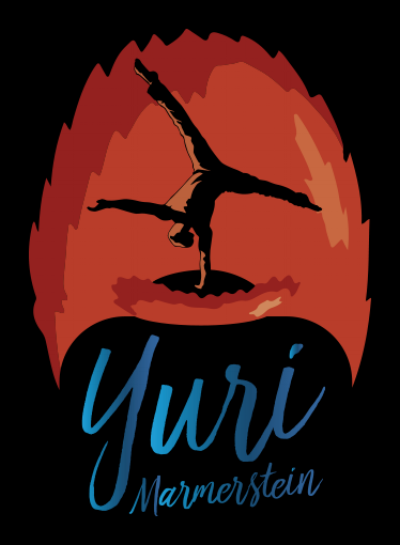I think a topic that doesn't get enough focus these days is learning retention.
There's so much information out there with so much focus on what you can learn. The question is, how much of that can you retain.
If you take a class today, how much of that will you remember tomorrow? What about in a month? A year?
This is a question I try to ask myself a lot both as a student and a teacher.
Here are a few ideas to think about in terms of improving your learning retention.
-Form your own perspective. There's way too much regurgitation out there. Makes notes on your individual success and struggle in learning the skill. Rather than just following what your teacher says, try to apply it to your own process.
-Pretend to teach it. Ask yourself "how would I explain this to someone else?" Sometimes this thought process awakens a new perspective on your path to mastery. I use this one a lot.
In fact, after taking a class or workshop, I try to imagine a scenario of trying to teach that same workshop the following day and what struggles I would run into.
-Make mistakes. Then create the solutions. This may be a longer path towards mastery and retention, but understanding the mistakes makes you appreciate the technique and your own learning process in a broader sense.
-Mindfulness to Mindlessness.Think about what you consciously need to improve upon and find ways to be able to do that without thinking about it. This is an important step in "making it natural" and building complexity.
-Basics. Try to figure out what are the funamental principles in what you are trying to learn. When you can understand the basics on a deep level, everything else flows from that.
-Learn how to learn. Remember everyone has their own learning process. As a student it's your responsibility to understand yours. You do this by learning different things and taking notes on the difficulties you experence. Do you prefer visual, audio, lecture, hands-on correction, getting thrown into the fire, ratio between theory and practical application, harsh/gentle feedback, etc. Or maybe a combination of multiple modalities.
As a successful teacher you need to also have an arsenal of teaching methods to accommodate the differences in students learning styles. In additional you start to recognize in students which techniques to use more of.
-Don't forget to put in the reps. "Knowing is not enough, we must do. Doing is not enough, we must apply." Or something like that.
Anyway, just a few thoughts for today. Let me know if you find it useful or care to add anything to the list.
